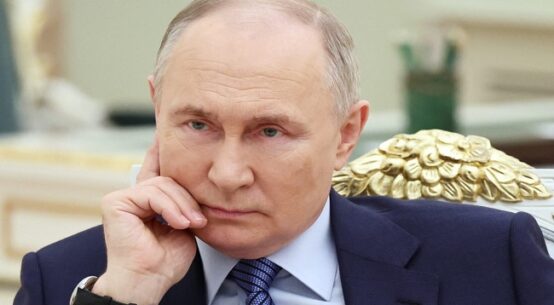When Imran Khan was in the opposition, he told journalist Hamid Mir on a live talkshow on Pakistan’s popular channel Geo TV that Pakistan should seek an apology for war crimes during the bloody war of independence of Bangladesh in 1971.
Since he came to power back my military hawks in Rawalpindi GHQ on 18 August 2018 he never bothered to warm the relationship with Bangladesh despite several hiccups.
Bangladesh was blasted several times in the Pakistan parliament. When a war criminal was indicted and the war crimes tribunal in Dhaka handed down maximum punishment, the parliament in Islamabadrebuked Bangladesh for eliminating Islamic scholars and leaders and said their only crime was that they were loyal to Pakistan. Islamabad also officially blamed Dhaka for purging opposition, blah, blah, blah!
Bangladesh has hanged several high profile suspects for committing crimes against humanity and mostlybelonged to Islamist party Jamaat-e-Islami, Muslim League, Jatiya Party and Bangladesh Nationalist Party (BNP).
Such unwarranted remarks and resolutions angered the government of Prime Minister Sheikh Hasina. Her regime decided to lower the status of diplomatic relationships. Bangladesh High Commission in Islamabad and Karachi suspended issuing visas to Pakistan nationals from travelling to Bangladesh.
Imran Khan did little to thaw the relationship between the two countries and of course forgot the pledge to seek an apology for genocide and war crimes by marauding Pakistan forces in 1971.
Now the flamboyant cricketer turned politician seems to have dug his own grave. He is facing a vote of no confidence which is expected to force him from office.
His ruling party Pakistan Tehreek-e-Insaf’s (PTI) coalition with minority parties has fallen apart for hundred and one reasons. Most of the PTI lawmakers and regional leaders point their fingers at Khan for the debacle.
Pakistan’s premier independent newspaper the Dawn writes: Out of a total of 342 seats, the opposition parties have managed to cross the magical figure of 172 and enjoy the support of 177 members in the NA [National Assembly], even without nearly over a dozen dissidents of the ruling PTI, who have already publicly declared the withdrawal of their support to the prime minister.
In the days to follow, the country’s political landscape had been abuzz with political activity as parties and individuals changed alliances and the PTI and opposition were seen trading barbs and allegations alongside intensifying efforts to ensure their success in the no-confidence contest.
The opposition includes Pakistan Muslim League (Nawaz), Pakistan Peoples Party, MuttahidaMajlis–e–Amal, MuttahidaQaumi Movement (Pakistan), Balochistan Awami Party (BAP), Balochistan National Party (Mengal), Awami National Party, JamhooriWattan Party and Pakistan Muslim League (Quad) hold the magic number.
Khan told a private TV channel that the country’s ‘establishment’ [the Pakistan military] gave him three options facing the no-confidence motion in parliament. To face the no-confidence motion in parliament, hold fresh elections in the country, or resign from the post of prime minister, to end the ongoing political turmoil.
He blamed the West for hatching a conspiracy against Khan’s government after he visited Moscow just days after the Russian invasion of Ukraine.
Khan when he mentions the westmeans the United States and blames Washington for leaning his shoulder toward Russia at the crucial juncture of the second phase of the cold war era in Europe.
Pakistan had always been a trusted ally of the United States, during the ‘War OnTerror’ campaign when US troops invaded Afghanistan and also an all-weather friend of China. Despite the tension, the USA wants Pakistan to play its role in Afghanistan.
Khan said he has credible information that his life is in danger but asserted that he is not afraid and will continue his fight for an independent and democratic Pakistan.

